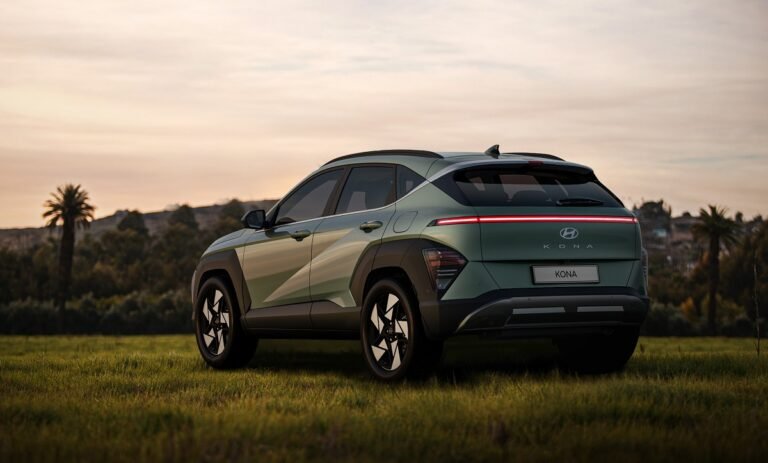South Korea’s Hyundai Motor Co and its affiliate, Kia Corp, have projected a two percent increase in their combined global sales for 2024, following a challenging year in 2023 where both companies failed to meet their sales target.
The duo managed to sell 7.3 million vehicles in 2023, which was 3% less than their goal of 7.52 million. The underperformance was attributed to economic challenges including rising interest rates and inflation, making vehicles less affordable for some buyers.
For 2024, the companies aim to achieve global sales of 7.44 million vehicles, with Hyundai and Kia setting individual targets of 4.24 million and 3.2 million units, respectively. Hyundai is setting itself up to lead in electrification, focusing on optimising profitability by strengthening global electric vehicle (EV) production infrastructure, adapting to market changes with flexible business strategies, and enhancing pre-emptive risk management capabilities.
Kia reported an achievement in 2023, selling 3.09 million vehicles globally and setting a new annual sales record, surpassing its previous best performance in 2014. Analysts commented that this year’s sales targets for both companies seemed achievable, but economic factors, including high interest rates and increasing incentives, could impact auto demand and profitability.
Hyundai’s target represents a conservative 0.6% increase in annual global sales, while Kia aims for a more ambitious 4% growth. Analysts noted that Kia’s plans to launch new electric vehicles in the coming year might be influenced by the slowing growth of global EV sales.
Hyundai Motor Group Executive Chair Euisun Chung, in his New Year address, noted the importance of customer satisfaction and called for a corporate culture of “preparation” to make swift decisions. He also stressed the need to earn the full trust of customers and navigate external challenges to achieve long-term sustainable growth.




